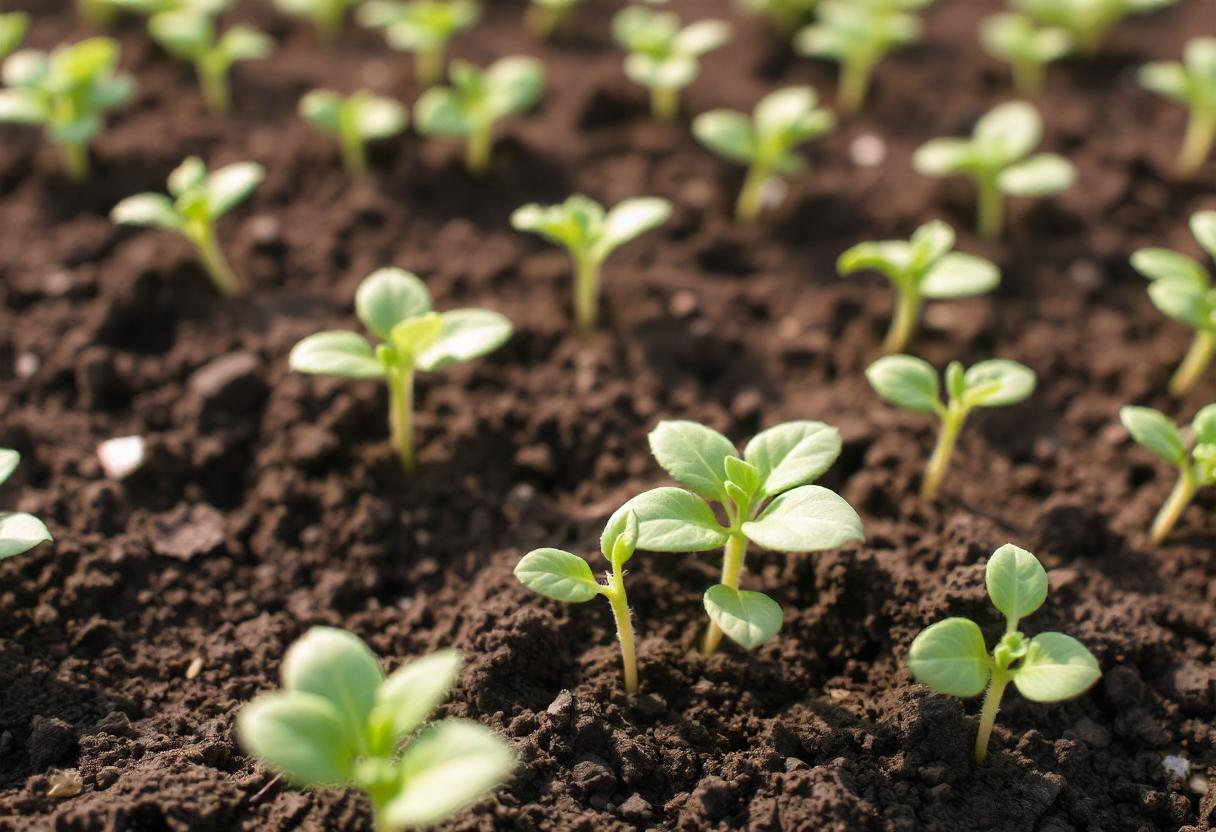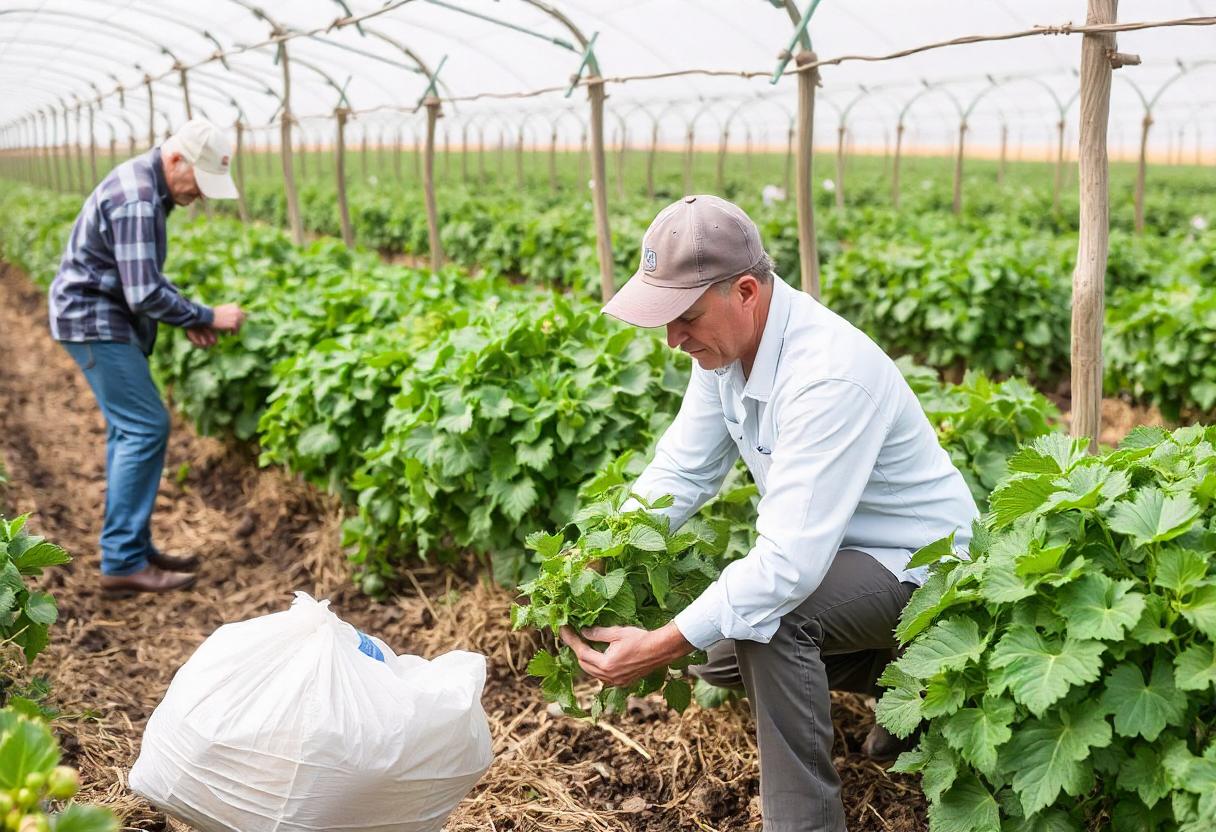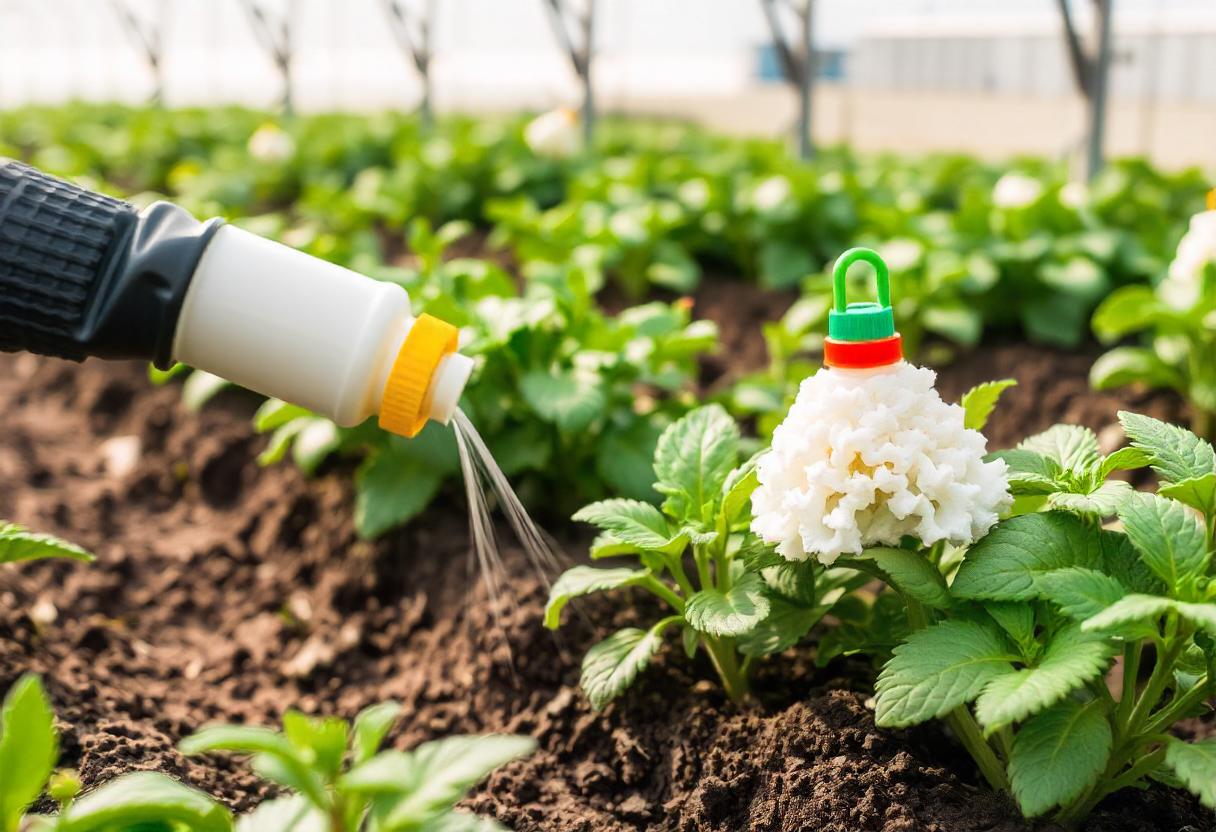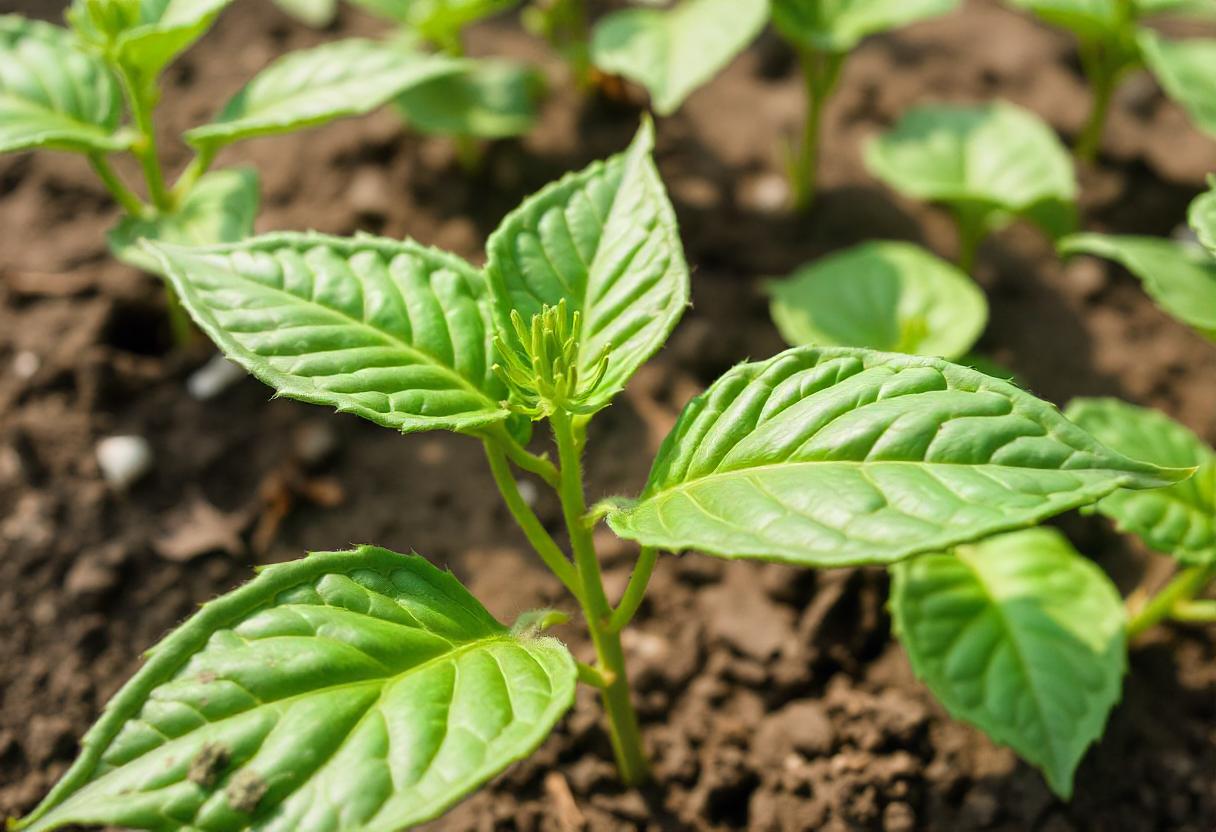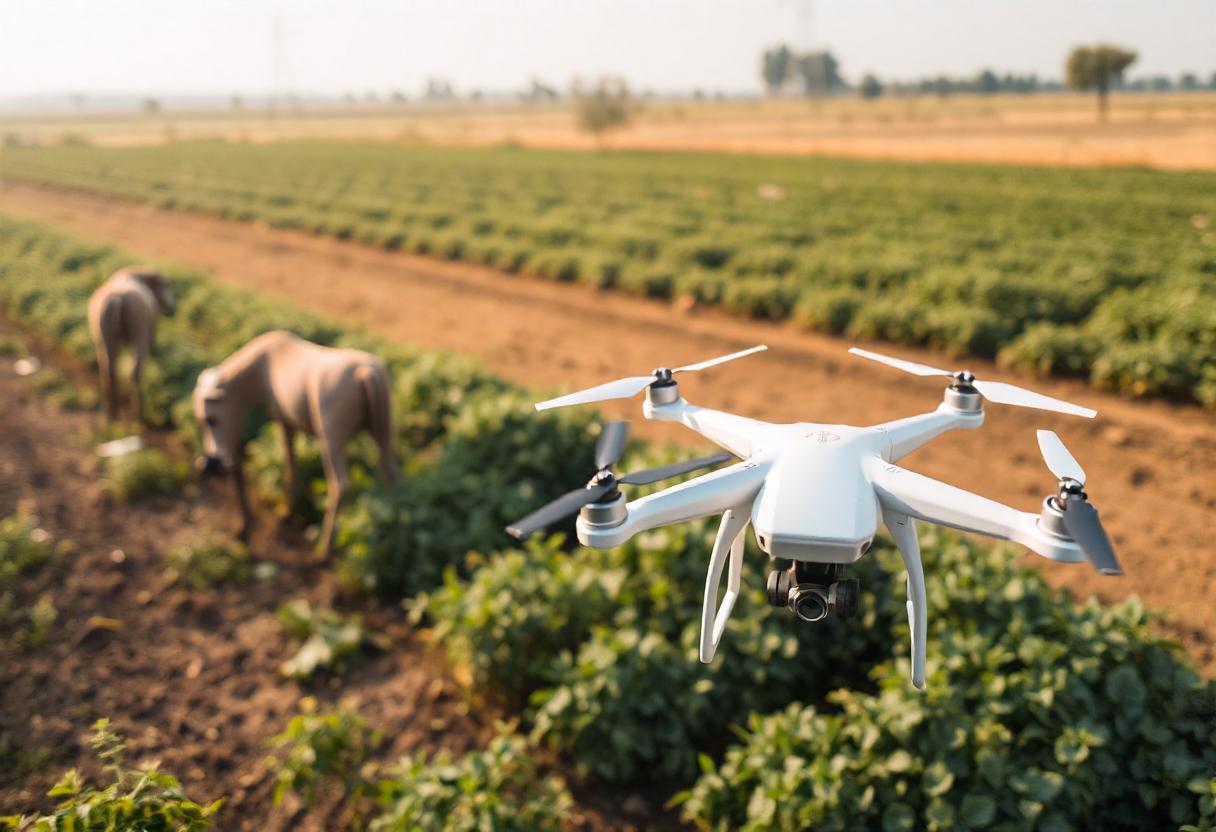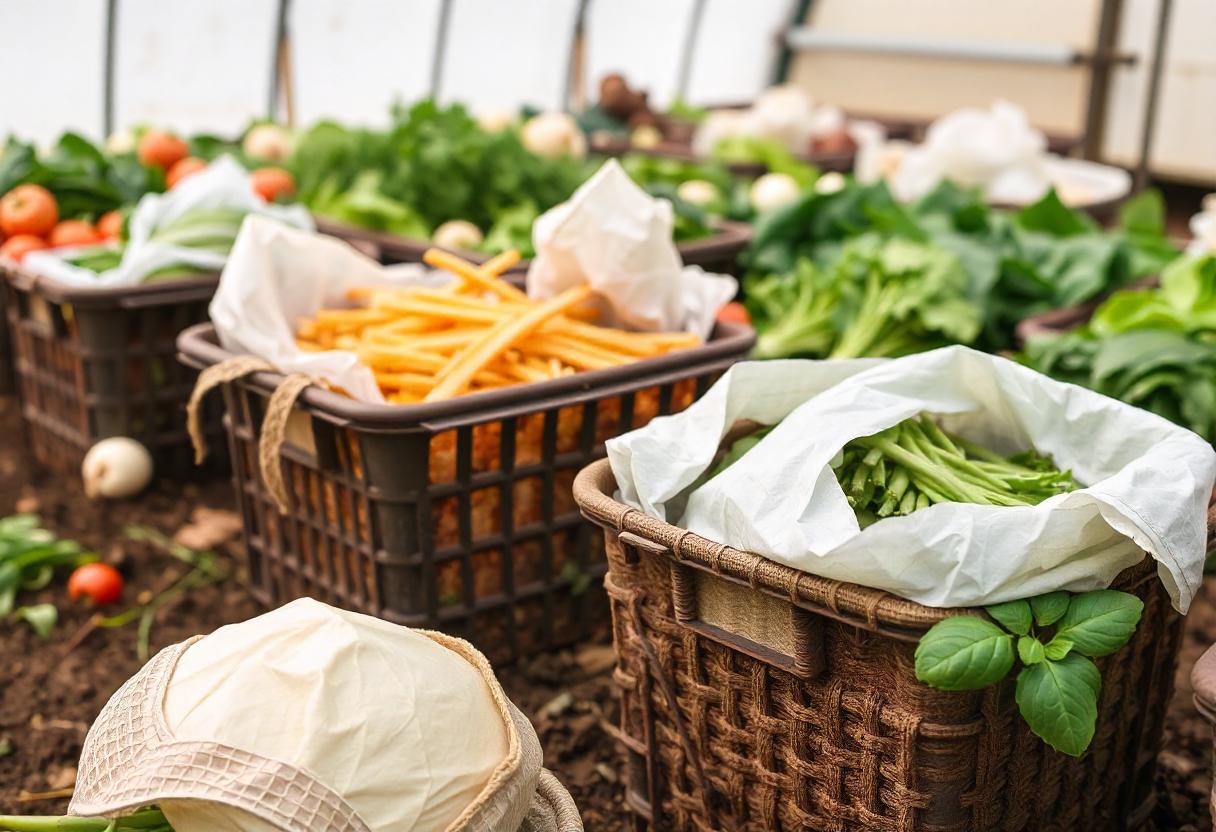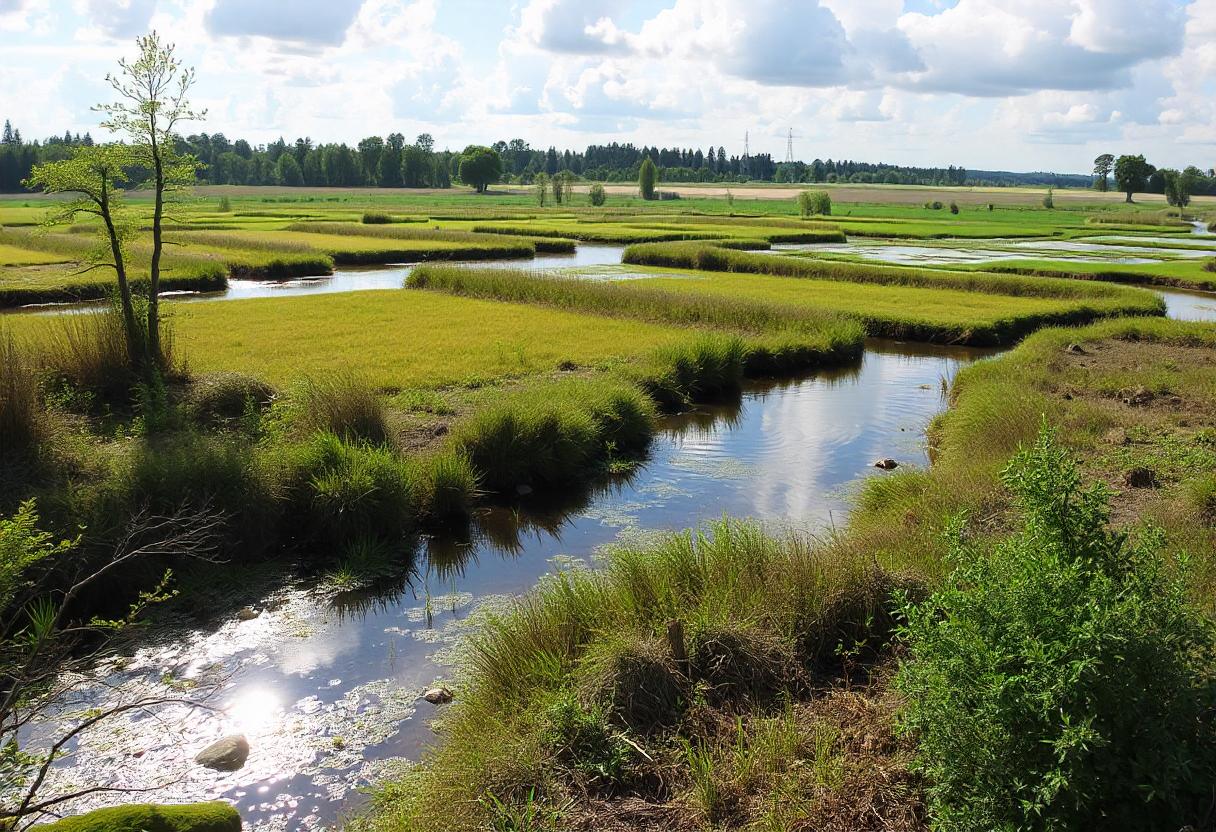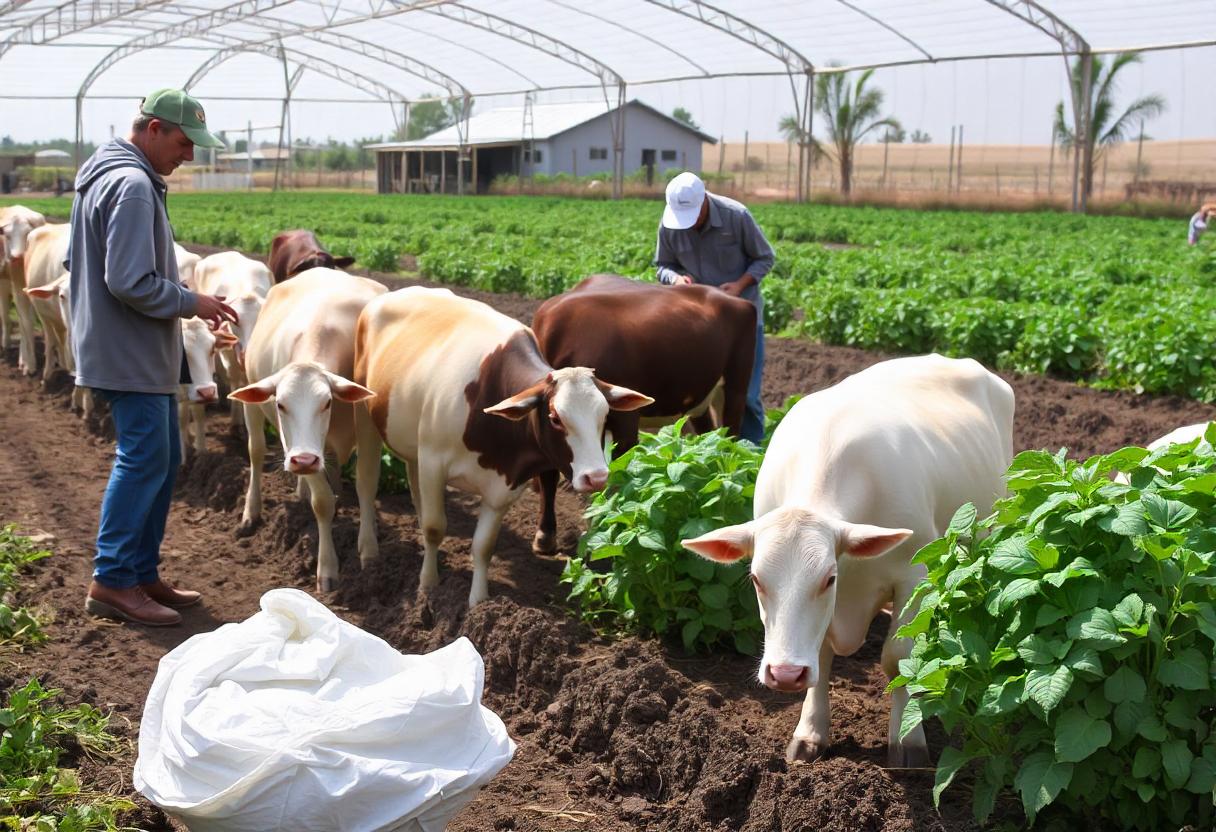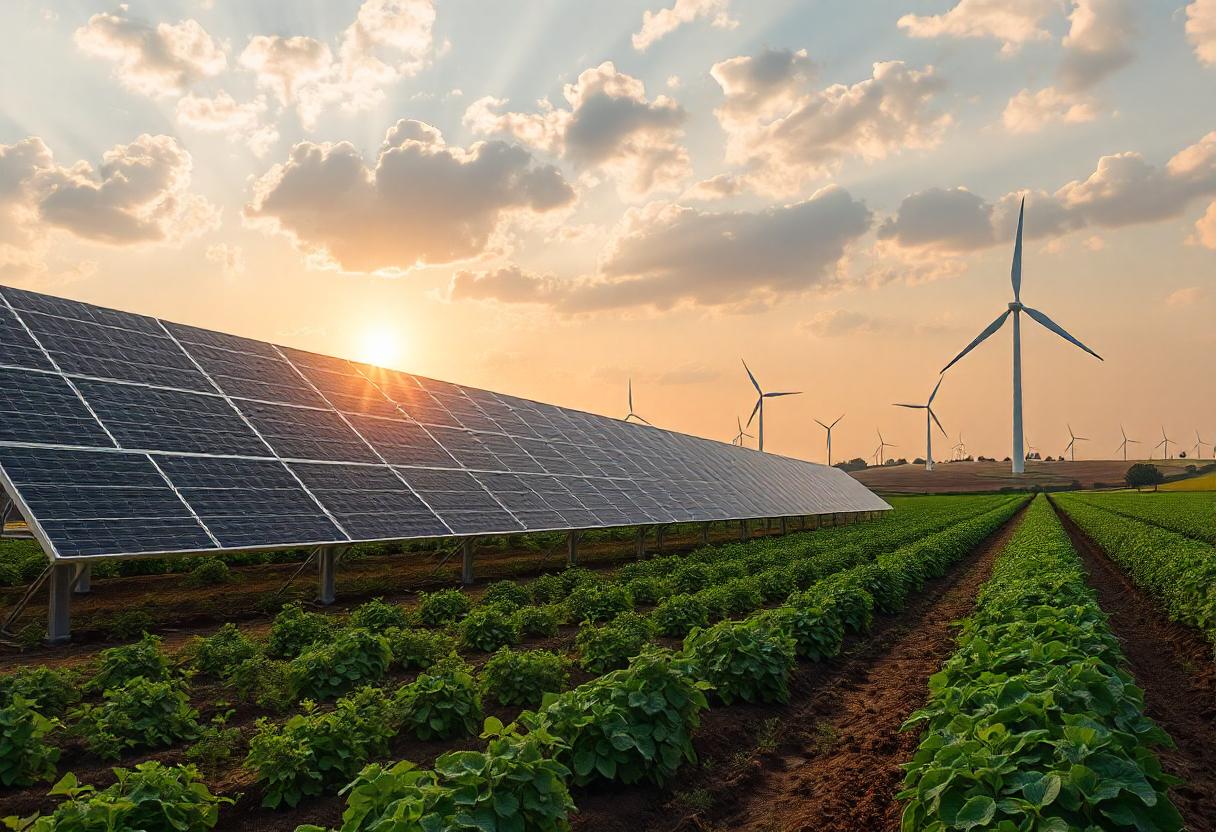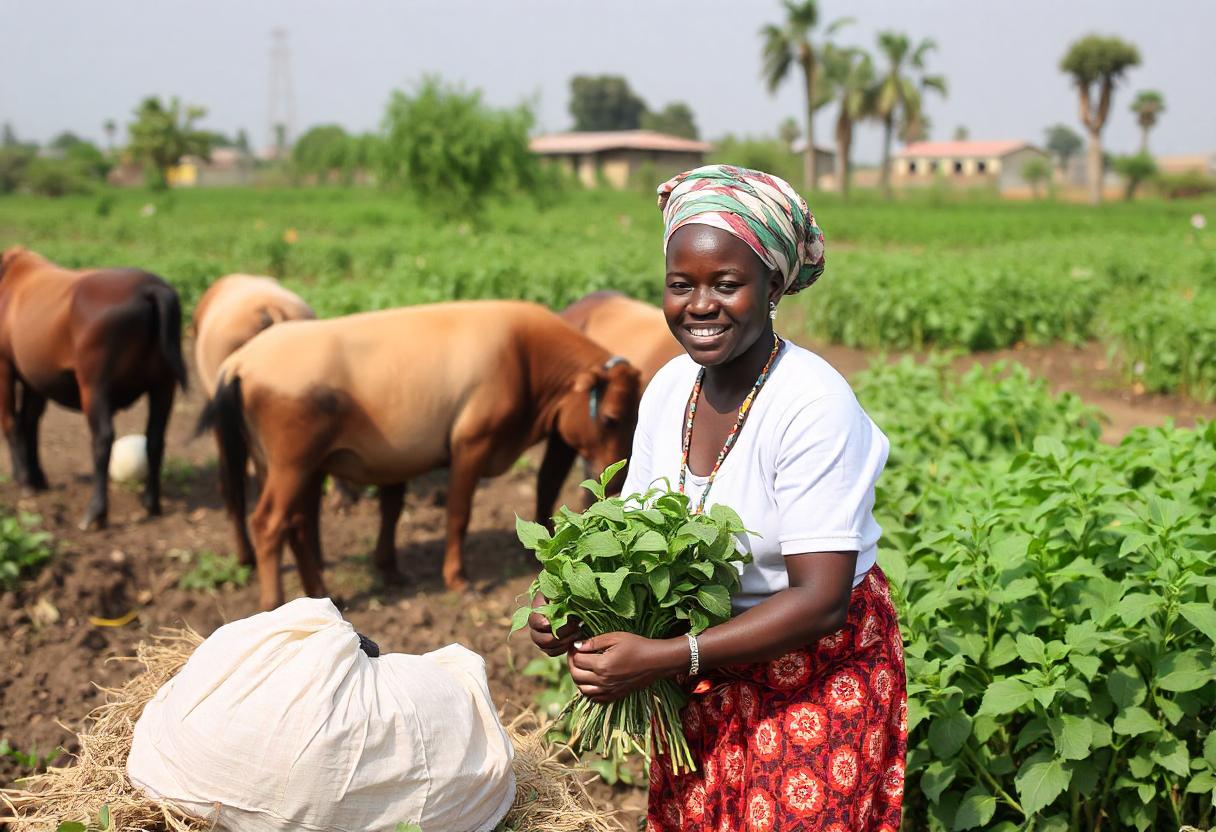Role Of Microbial Inoculants In Soil Fertility
Microbial inoculants play a pivotal role in enhancing soil fertility and promoting sustainable agricultural practices. These inoculants, composed of beneficial microorganisms, help in nutrient cycling, improving plant health, and enhancing soil structure. The application of microbial inoculants in agriculture has garnered attention as farmers seek eco-friendly
Learn MorePost-Harvest Loss Prevention Techniques
Introduction Post-harvest loss refers to the reduction in the quantity or quality of food after it has been harvested but before it reaches the consumer. This issue is prevalent in many agricultural systems and can lead to significant financial and food security challenges. Implementing effective post-harvest
Learn MoreAgrochemicals: Safety, Use, And Alternatives
Agrochemicals play a crucial role in modern agriculture by improving crop yields, controlling pests, and enhancing soil fertility. However, their widespread use raises concerns regarding environmental and human safety, as well as the need to explore sustainable alternatives. This article delves into the safety measures surrounding
Learn MoreIntroduction To Plant Disease Resistance
Plant disease resistance refers to the ability of plants to prevent or minimize the damage caused by pathogens such as bacteria, fungi, viruses, and nematodes. This resistance can be genetic or acquired, and plays a critical role in maintaining the health and productivity of crops. Disease-resistant
Learn MoreRole Of Drones In Agriculture
Introduction Drones have revolutionized several industries, and agriculture is no exception. The integration of drone technology into farming practices has improved efficiency, crop management, and resource utilization. This innovation has brought about new possibilities for precision farming, helping farmers make data-driven decisions that enhance productivity and
Learn MoreFood Waste Reduction And Recycling In Agriculture
Introduction Food waste is a growing concern globally, and agriculture is a key sector where this issue must be addressed. Food waste reduction and recycling in agriculture not only benefit the environment but also contribute to economic savings and enhance food security. This article explores various
Learn MoreImpact Of Agriculture On Freshwater Ecosystems
Introduction Agriculture plays a significant role in supporting human populations and economies, but it also has a profound impact on freshwater ecosystems. The interaction between agriculture and freshwater systems can lead to environmental changes that affect water quality, aquatic biodiversity, and ecosystem health. Nutrient Runoff and
Learn MoreAgriculture And Public Health: The Intersection Of Food Production And Human Wellbeing
Agriculture and public health are closely intertwined, as the way we produce, process, and distribute food directly impacts human health. The relationship between these two sectors is vital for ensuring food security, maintaining nutrition, and preventing diseases. Below, we explore how agriculture affects public health from
Learn MoreIntroduction To Agriculture And Renewable Energy
The relationship between agriculture and renewable energy has become increasingly important as farmers and agricultural businesses seek sustainable solutions. Agriculture is one of the largest consumers of energy, primarily for irrigation, production, and transportation. Integrating renewable energy sources like solar and wind can help reduce the
Learn MoreAgriculture And Gender Equality
Agriculture is a fundamental sector of most economies, especially in developing nations, where it plays a critical role in livelihoods, food security, and employment. However, gender inequality remains a persistent issue within the agricultural sector, affecting women’s access to resources, decision-making opportunities, and overall economic empowerment.
Learn More